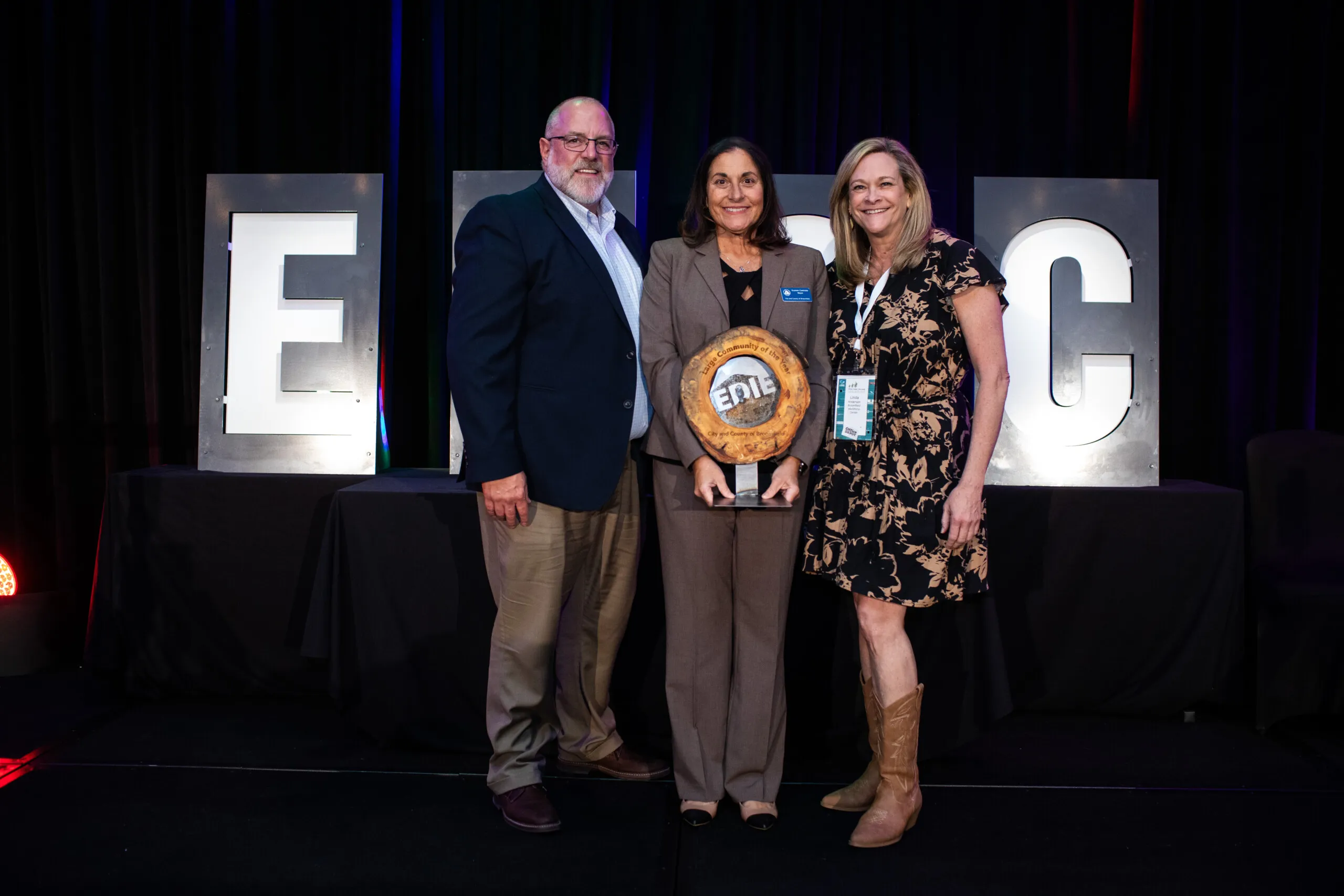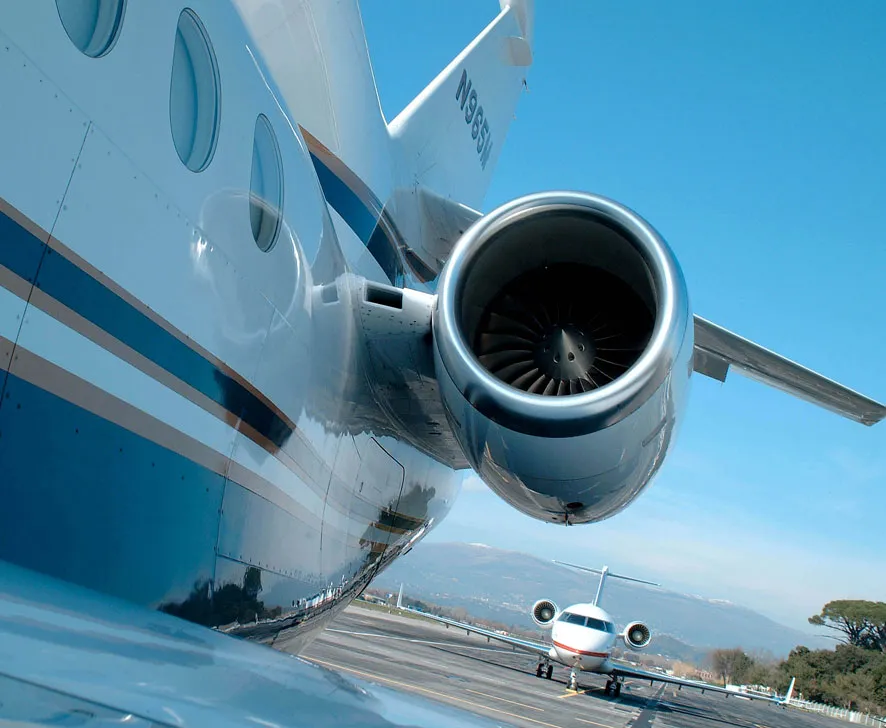CEO Roundtable: Transportation officials call state’s ‘patchwork’ funding an economic liability

WINDSOR — A group of transportation leaders in Northern Colorado believe it’s time for players in the region to fund local highway improvements on their own instead of waiting for state or federal support.
The group, a mix of private sector business owners and heads of local transportation groups, spoke at a BizWest CEO Roundtable event in Windsor Tuesday morning.
 Participants in BizWest’s CEO Transportation Roundtable. From left, Roy Otto, city of Greeley, Jeff Jensen, Warren Yoder, Weld County Garage, Suzette Mallete, North Front Range MPO, Sandra…
Participants in BizWest’s CEO Transportation Roundtable. From left, Roy Otto, city of Greeley, Jeff Jensen, Warren Yoder, Weld County Garage, Suzette Mallete, North Front Range MPO, Sandra…
THIS ARTICLE IS FOR SUBSCRIBERS ONLY
Continue reading for less than $3 per week!
Get a month of award-winning local business news, trends and insights
Access award-winning content today!





